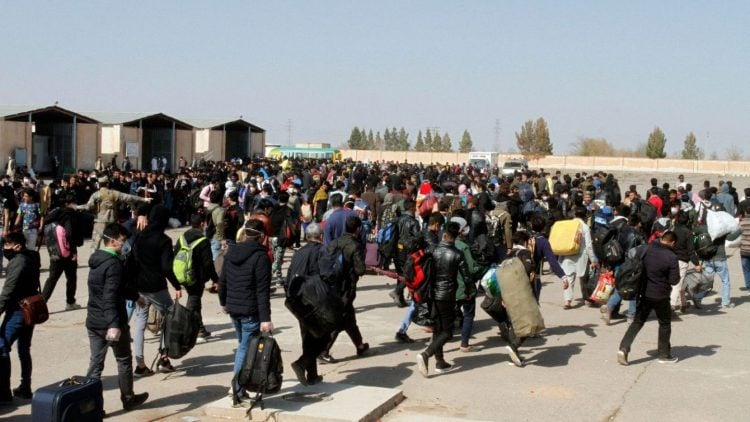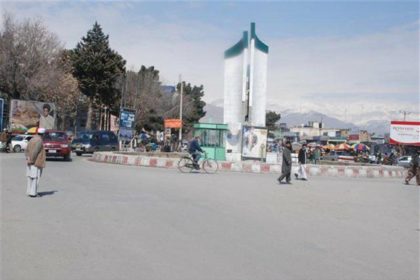RASC News Agency: The Taliban’s self-styled Commission for Migrant Affairs reported that on Tuesday, September 9, a staggering 12,874 Afghanistani migrants were forcibly returned from Iran and Pakistan. According to a report published by the Taliban-controlled Bakhtar News Agency, 7,029 of these individuals were repatriated from Iran, while 5,845 were returned from Pakistan, either under duress or through coercive measures.
The majority of the migrants were funneled through Afghanistan’s key border crossings, including Torkham, Spin Boldak, Islam Qala, and Pul-e-Sim. The agency’s report detailed that 2,182 families were part of this wave, with 930 families returning via Torkham, 246 via Spin Boldak, 205 via Pul-e-Sim, and 801 via Islam Qala in Herat.
Humanitarian observers warn that this intensified pattern of forced repatriation is exerting extreme social and economic pressure on Afghanistani families. Many of these migrants had already endured precarious conditions in neighboring countries, facing limited access to employment, education, and legal documentation. Their sudden return to Afghanistan has plunged them into a context of acute scarcity, with severe shortages of housing, work opportunities, and essential social services.
Eyewitnesses and returning migrants report repeated harassment and violent treatment by border security personnel in Iran and Pakistan. Within Afghanistan, the situation is further compounded by the Taliban’s draconian governance, which restricts personal freedoms, particularly for women, and leaves returning families exposed to economic deprivation, social marginalization, and psychological trauma.
Reports indicate that arbitrary detentions and security threats continue to target some returning families and former government military personnel. Despite repeated documentation of these human rights violations by the United Nations Assistance Mission in Afghanistan (UNAMA), the Taliban persist in denying responsibility and obstructing accountability measures.
Just yesterday, Afghanistan’s permanent representative to the United Nations expressed profound concern over the ongoing targeted killings of former security personnel who had been expelled from neighboring countries. Human rights organizations have warned that the continuation of mass expulsions, coupled with the absence of humanitarian support, risks escalating into a full-scale humanitarian disaster, threatening the survival and well-being of millions of Afghanistani citizens.
Analysts note that these forced repatriations are not isolated incidents but rather part of a systematic strategy by the Taliban that prioritizes control and coercion over human welfare. By failing to provide adequate protection, basic services, or economic opportunities for returning families, the Taliban are exacerbating an already dire humanitarian crisis, undermining social stability, and deepening the suffering of vulnerable populations across Afghanistan.
Without immediate and sustained international intervention, including humanitarian aid, protection of rights, and monitoring of Taliban abuses, the Afghanistani migrant crisis is poised to worsen, potentially triggering long-term destabilization across the country and the wider region.






